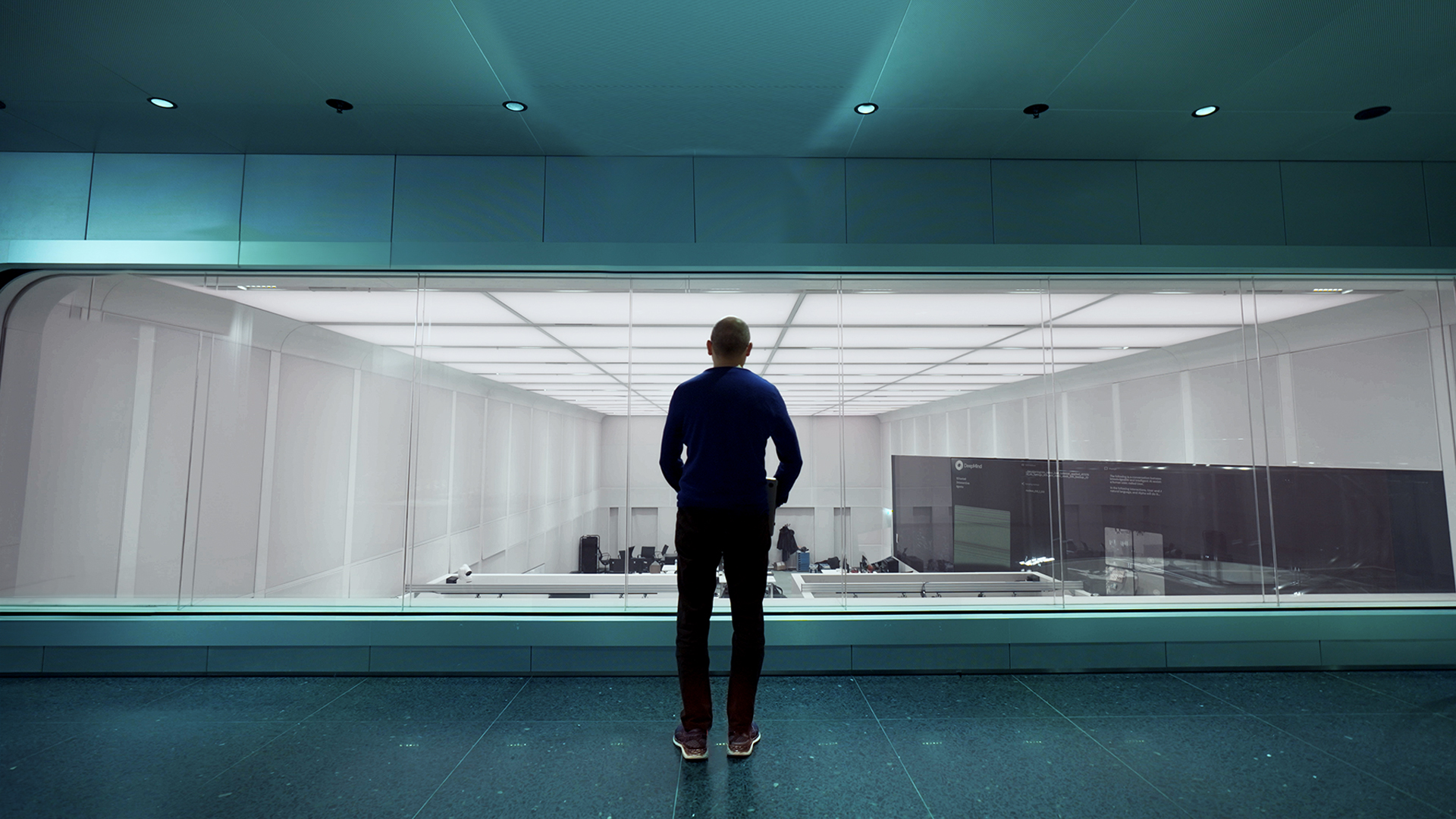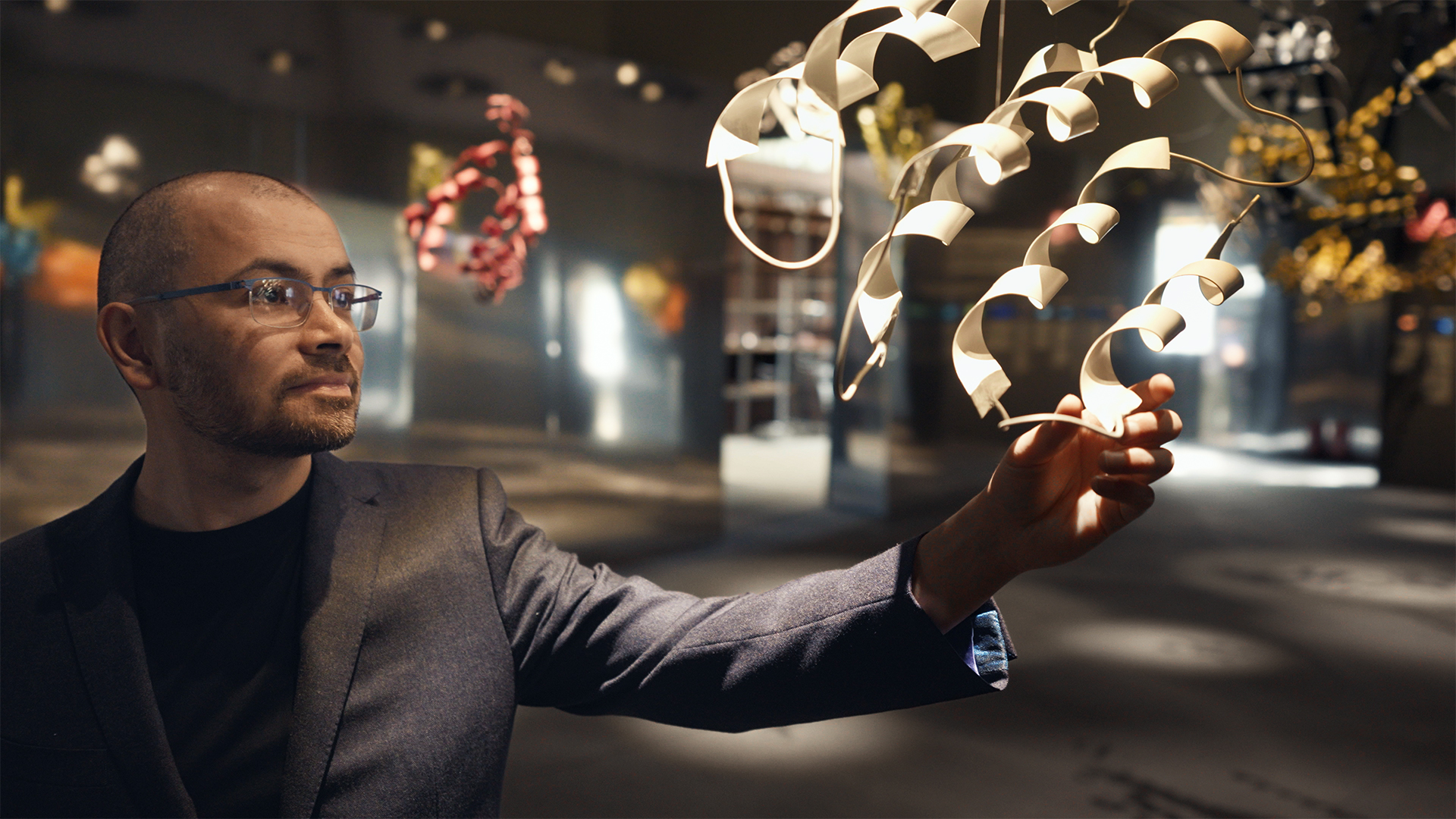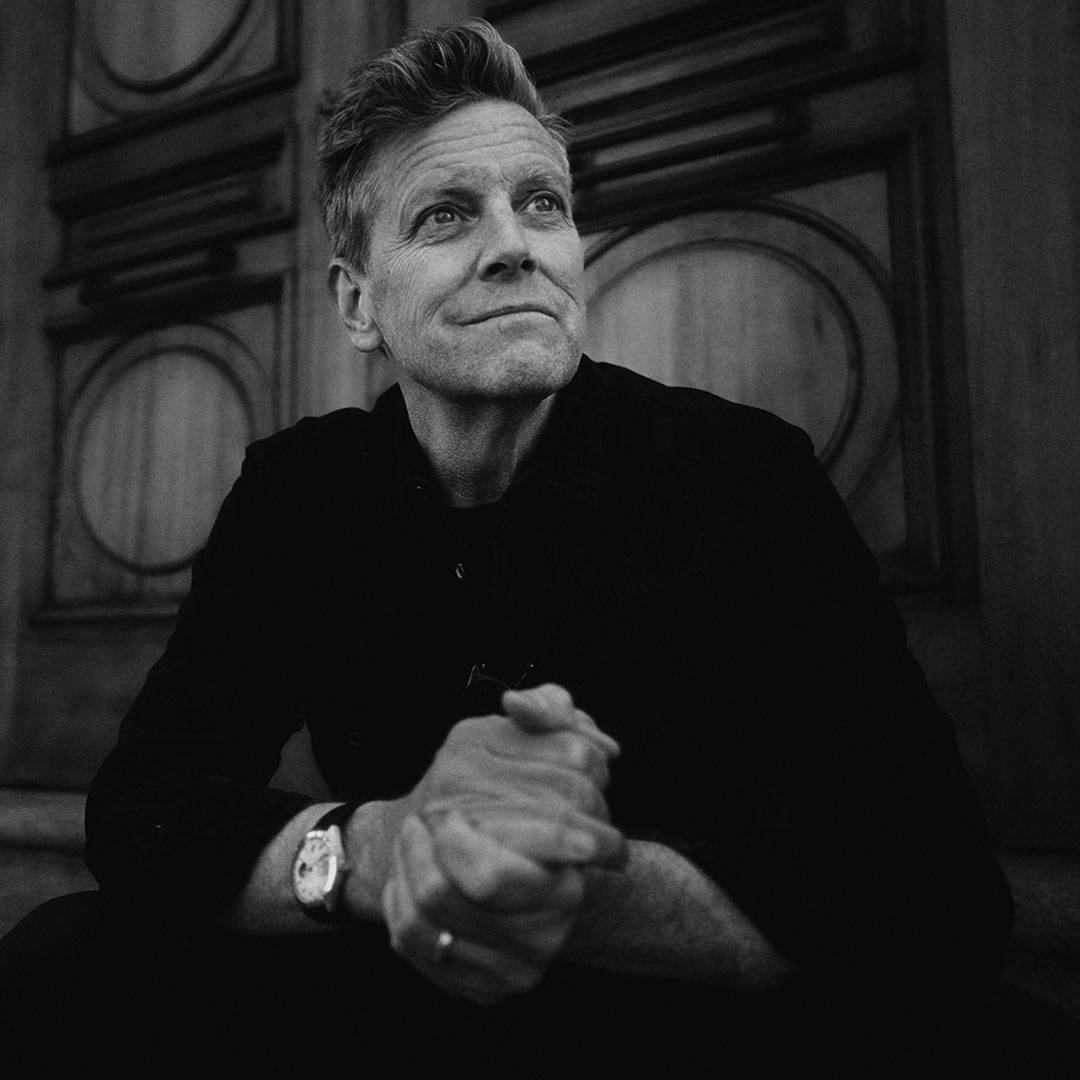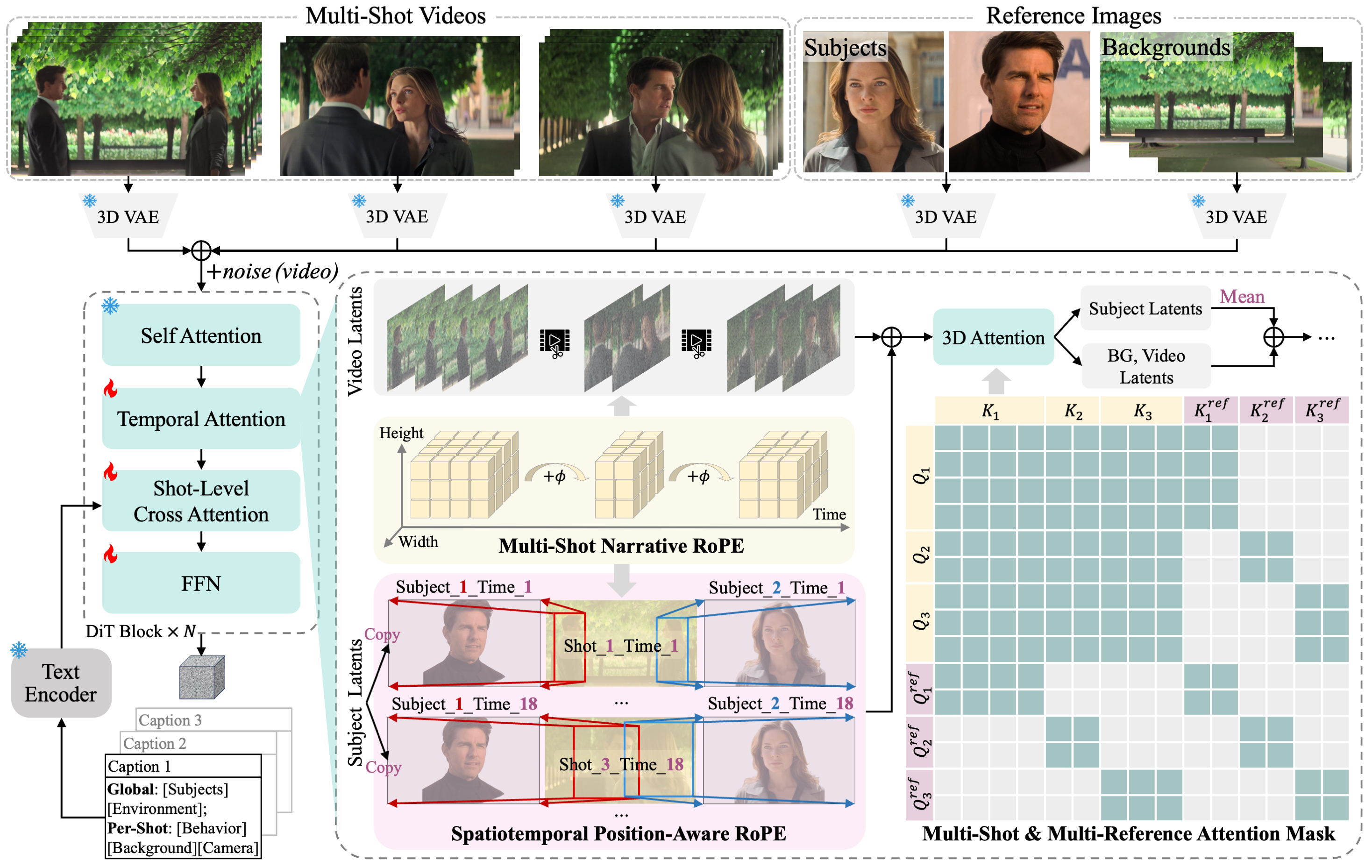Greg Kohs: The Human Face Behind AI Documentary Filmmaking

Greg Kohs, director of The Thinking Game | Photo courtesy of Greg Kohs
Share this post:
Greg Kohs: The Human Face Behind AI Documentary Filmmaking
While Hollywood debates AI replacement fears, documentary filmmaker Greg Kohs asks a different question: What can AI teach us about ourselves?

The Empathy First Approach
Kohs built his career documenting human perseverance. Before AI entered his filmography, he captured a Neil Diamond tribute band in "Song Sung Blue" (2008) and Iditarod champion Lance Mackey in "The Great Alone" (2015). Each project centers on empathy, not spectacle.
"Empathy is the lead of all my films," Kohs told The Harvard Crimson.
That philosophy shaped his NFL Films years, where founder Steve Sabol nicknamed him "weasel" for finding shots others missed: the crestfallen player, the excited fan, the jet flypast from an original angle. Sabol's instruction stuck: find stories around the field, not just game plays.
This training proved essential when DeepMind selected Kohs to document their 2016 Go match between AlphaGo and South Korean grandmaster Lee Sedol.
AlphaGo: Beyond the Machine
"AlphaGo" (2017) doesn't chronicle a machine's triumph. It captures a human grappling with existential weight in real time.
One memorable shot shows Lee on a hotel balcony, blazer catching wind, smoking a cigarette after a loss. Because Kohs couldn't access the balcony, he booked the room above it. As soon as Lee left the game room, Kohs started rolling.
"You're going to be the weasel cam," Kohs recalls Sabol saying. "You don't have to show any game plays. You just need to find the stories."
The film reveals something unexpected: when AlphaGo lost a match in Seoul, the DeepMind team reacted with excitement, not disappointment. Their curiosity struck Kohs as deeply human.
"When you hear people speak fearfully, 'Oh, we're doomed,' and all this and that, it is an opportunity for us to think about really what is it that makes us human," Kohs explained. "Right now, empathy and community are two things that I think are really superhuman bonds between people."
The Thinking Game and Demis Hassabis
"The Thinking Game" (2024) follows DeepMind cofounder Demis Hassabis through his pursuit of artificial general intelligence. Filmed over five years, the documentary premiered at Tribeca Film Festival 2024 before streaming on Amazon, iTunes, and Apple TV.
The film traces Hassabis from chess prodigy to game developer to neuroscience PhD to AI pioneer. At 17, he helped develop Theme Park at Bullfrog Games, implementing rudimentary AI that let NPCs react to each other and players.

The documentary captures DeepMind's AlphaFold breakthrough, which solved a 50 year challenge in protein structure prediction. This work earned Hassabis and his team the 2024 Nobel Prize in Chemistry. AlphaFold's database of 200 million protein structures now accelerates drug development globally.
Critics note the film's tone: informative without fearmongering, honest without propaganda. Some viewers wanted deeper exploration of AI dangers. Kohs resists that narrative.
"There were some people that wished 'The Thinking Game' went more deeply into the dark side," Kohs said. "And it's acknowledged, and there are people that are going to do that, but that wasn't the story that I was telling. We were telling the story of Demis and his pursuit and his intentions behind his pursuit."
Directorial Method
Kohs never uses narration. Subjects speak directly to camera, meeting the viewer's eyes.
"I just let the people whom I film let their words tell the story and let it flow so people are just invited to listen, as opposed to be told something," he explained.
This approach prioritizes authenticity over drama. No voice of god narrator shapes interpretation. The subjects reveal themselves through their own words and unguarded moments.
For "The Thinking Game," Kohs used early generative AI tools to animate archival photographs of Hassabis. The process involved trial and error experimentation with emerging technology. He views AI as collaborative tool, not replacement.

"It's a great creative tool in the same way that a great lens on a camera is," Kohs said. "It allows you to see things and focus on them a little bit differently."
The analogy reveals his philosophy: AI provides new perspectives for existing creative vision. Like a wide angle lens changes composition without replacing the photographer, AI tools support storytelling without supplanting the storyteller.
Contrasting Hollywood's AI Anxiety
While actors strike over AI voice cloning and "The Brutalist" faces criticism for AI voice enhancement, Kohs experiments with the technology openly. His work stands apart from Hollywood's polarized debate.
Directors like Christopher Nolan frame AI through "Oppenheimer Moment" warnings. Studios digitally resurrect deceased actors, sparking ethical controversies. SAG-AFTRA strikes with AI protections at the forefront.
Kohs focuses elsewhere: on human intentions behind the technology.
"There are definitely concerns that need to be evaluated and explored, and I think they're happening," Kohs said. "The thing that interests me most with AI is the intentions of the people working on it. I know that's a trite thing that everyone says: it's neutral, it depends on whose hands it's in, but it really does."
His documentaries avoid dystopian speculation. They don't promise utopia either. Instead, they examine the people creating AI systems and ask what drives them.
This perspective challenges viewers to move beyond binary thinking. Technology isn't inherently good or evil. The crucial questions concern who builds it, why they build it, and what values guide development.
From NFL Films to Tech Documentaries
Kohs' trajectory reflects shifting cultural priorities. After 10 years at NFL Films: his "PhD in filmmaking" He moved toward technology subjects without abandoning his humanistic approach.
"Coin" (2022) profiles Coinbase founder Brian Armstrong. Like "AlphaGo" and "The Thinking Game," it centers on the inventor, not the invention.
"In 'Coin,' in 'AlphaGo,' in 'Thinking Game,' it's humans that are interesting to me," Kohs said. "I feel like my responsibility has been to share an honest portrayal of the human behind the technology, or that's working on the technology, that will shape that technology."
The pattern holds across his filmography: technology serves as backdrop for human drama. Whether documenting Go matches, cryptocurrency, or protein folding algorithms, Kohs returns to the same questions: Who are these people? What drives them? How do they respond to success and failure?
The Childhood Origin
Kohs' fascination with emotion began watching Olympic highlight reels as a child. The slow motion footage paired with orchestral scores gave him goosebumps.
"I was like, 'That's what I want to do. I want to make that,'" he recalled.
Steve Sabol hired him at NFL Films after Kohs articulated that goal: making goosebumps. The simplicity cuts through industry jargon about storytelling craft. Kohs aims for visceral emotional response.
That goal shapes every project. The balcony shot of Lee Sedol smoking doesn't advance plot. It doesn't explain AlphaGo's algorithms. It captures a man alone with defeat, and audiences feel it.
What Filmmakers Can Learn
Kohs' approach offers lessons beyond AI documentaries.
Find stories around the main event. The weasel cam philosophy applies everywhere. While others point cameras at obvious subjects, look for peripheral moments that reveal deeper truth.
Let subjects speak directly. Removing narrator distance creates intimacy. When people address the camera, they address the audience. This vulnerability builds connection.
Focus on intentions, not outcomes. Technology changes rapidly. Today's breakthrough becomes tomorrow's baseline. Human motivations remain comprehensible across time.
Embrace tools without fear. Kohs experiments with AI animation for archival photos. The technology serves his storytelling goals. He doesn't avoid it based on industry anxiety.
Document process, not just results. "The Thinking Game" captures five years of pursuit, including setbacks. The Nobel Prize moment gains meaning through preceding struggle.
For filmmakers exploring AI video generation tools, try AI FILMS Studio's video workspace to experiment with text-to-video and image-to-video capabilities across different models.
The Fundamental Question
"Perhaps the true question we must ask in the age of AI is not whether machines can make art, but whether we still can," writes The Harvard Crimson's Capri Wayne in her profile.
Kohs' work suggests the answer depends on what we choose to examine. If we focus on algorithms, we'll discuss technical capabilities. If we focus on humans, we'll explore why they build these systems and what the technology reveals about human nature.
His documentaries argue that AI functions as mirror, reflecting the intentions and values of its creators. This framing shifts debate from fearful speculation to grounded observation.
The approach resonates as AI tools proliferate across creative industries. Rather than asking "Will AI replace us?" Kohs asks "What do our AI creations reveal about who we are?"
Current Projects and Legacy
Kohs continues documenting technology creators. His "captured not contrived" philosophy applies to branded content, commercials, and features. Ten time Emmy winner, he maintains interest in projects with soul that highlight individuals pursuing passions relentlessly.
"Song Sung Blue," his Neil Diamond tribute band documentary, received feature film adaptation by Craig Brewer ("Hustle & Flow"), starring Hugh Jackman and Kate Hudson. This demonstrates how his humanistic focus transcends subject matter. The tribute band story works because it's about people, not nostalgia for Neil Diamond.
"AlphaGo" remains influential in AI ethics discussions, screening at universities and tech conferences. "The Thinking Game" adds to this legacy, providing primary source material for future historians examining AI development.
Hassabis won his Nobel Prize in 2024 and received knighthood for services to AI. Kohs' decision to document him beginning in 2016 shows intuition for identifying significant figures before recognition arrives.
The Mirror, Not the Machine
Kohs' filmmaking philosophy centers on a deceptively simple insight: technology interests us because humans interest us. We don't fear AI replacing creativity. We fear what AI reveals about ourselves.
His work suggests that authentic AI narratives examine creators, not creations. The interesting question isn't "Can AI write screenplays?" but "Why do we want it to?" The compelling story isn't "What can AlphaGo do?" but "How does Lee Sedol process defeat?"
This reframing matters as AI becomes ubiquitous. Every industry debates AI's role. Most discussions focus on capability and threat. Kohs' approach offers alternative: examine the humans making choices about AI integration and ask what those choices reveal.
His resistance to narration, commitment to empathy, and focus on intentions create documentaries that age well. Technical details become outdated, but human motivations remain comprehensible.
As Hollywood argues over AI voice cloning and SAG-AFTRA negotiates protections, Kohs documents the people building the technology. His work doesn't solve the debates, but it reframes them around the questions that actually matter: Who are we? What do we value? How do we want to shape the future?
Sources:
- The Harvard Crimson: "The Human Face of AI: Greg Kohs on the Future of Film"
- "AlphaGo" (2017) - Documentary available on YouTube
- "The Thinking Game" (2024) - Available on Amazon Prime, Apple TV, iTunes
- Tribeca Film Festival 2024 - World Premiere and Q&A with Demis Hassabis and Darren Aronofsky
- IMDB: The Thinking Game and AlphaGo entries



